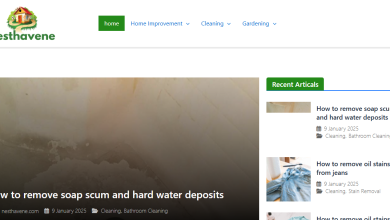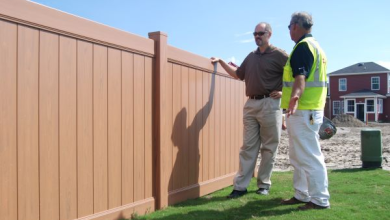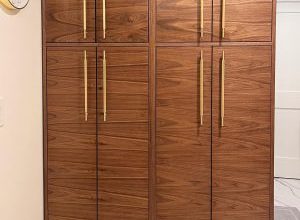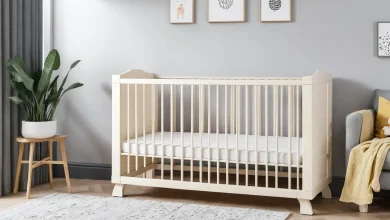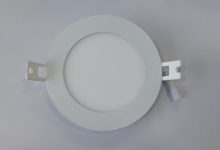HVAC Maintenance for Commercial Buildings: Best Practices
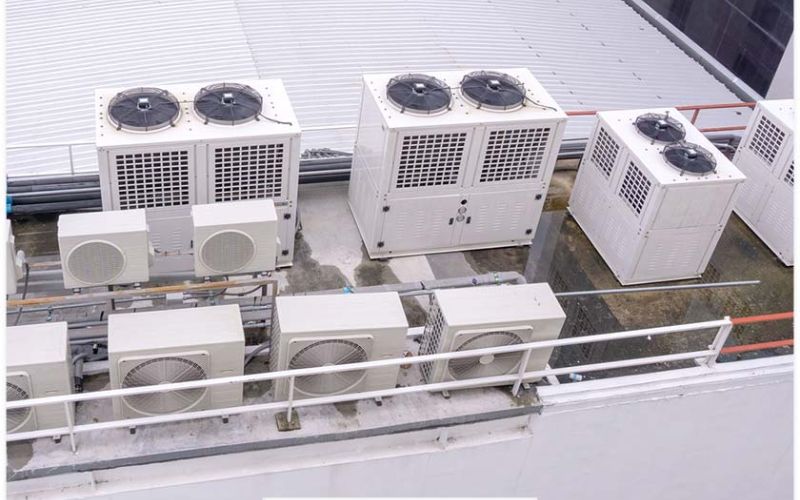
Maintaining a comfortable and healthy environment in commercial buildings is crucial for the well-being of employees and customers. One of the key elements that contribute to this is a well-functioning HVAC system. Regular commercial HVAC maintenance ensures that these systems operate efficiently, reducing energy costs and preventing unexpected breakdowns. In this blog, we’ll explore the best practices for commercial HVAC maintenance and provide you with a comprehensive guide to keeping your business’s HVAC system in top condition.
Why Commercial HVAC Maintenance is Essential
For businesses, an HVAC system is more than just a convenience; it’s a necessity. Proper HVAC maintenance for businesses not only ensures a comfortable indoor environment but also extends the lifespan of the equipment, reduces energy consumption, and helps avoid costly repairs. By adhering to a regular maintenance schedule, businesses can ensure their systems run efficiently throughout the year.
1. Create a Regular Maintenance Schedule
One of the best practices for commercial HVAC maintenance is to establish a regular maintenance schedule. This involves routine inspections and servicing by HVAC maintenance providers. A well-planned schedule should include:
- Seasonal Inspections: Before the heating or cooling season starts, have your HVAC system checked by professionals. This includes inspecting all components, testing system performance, and making necessary adjustments.
- Filter Replacements: Dirty filters can reduce system efficiency and lead to poor indoor air quality. Make sure to replace filters every 1-3 months, depending on usage.
- Duct Cleaning: Over time, dust and debris can accumulate in the ducts, reducing airflow and forcing the system to work harder. Regular duct cleaning helps maintain optimal airflow.
2. Invest in Professional HVAC Maintenance Providers
Hiring professional HVAC for businesses is crucial for ensuring that maintenance is done correctly and efficiently. Trained technicians can identify potential issues before they become major problems. They can also provide expert advice on how to improve system efficiency and longevity. When selecting HVAC maintenance providers, look for those with experience in commercial building HVAC systems and a solid reputation in the industry.
3. Monitor and Adjust Thermostat Settings
Proper thermostat management is a simple yet effective way to reduce energy costs. By setting the thermostat to energy-saving temperatures during non-business hours, you can significantly lower your energy consumption. Additionally, consider investing in programmable or smart thermostats that automatically adjust settings based on occupancy and time of day, contributing to more efficient HVAC upkeep for commercial properties.
4. Inspect and Seal Windows and Doors
Leaks in windows and doors can cause your HVAC system to work harder, leading to increased energy costs and wear and tear on the system. Regularly inspect windows and doors for any gaps or cracks, and seal them to prevent air leakage. This practice is a key part of HVAC care for commercial buildings, as it helps maintain consistent indoor temperatures and reduces the workload on your HVAC system.
5. Train Staff on HVAC Best Practices
Your employees play a crucial role in the success of your business HVAC maintenance guide. Educate them on simple HVAC best practices, such as:
- Keeping windows and doors closed when the HVAC system is running.
- Reporting any unusual noises or performance issues with the system.
- Avoiding the obstruction of vents and air returns.
By involving your staff in the maintenance process, you can ensure that your commercial building HVAC system operates efficiently and effectively.
6. Schedule Regular Professional Inspections
In addition to routine maintenance, scheduling regular professional inspections is essential for identifying and addressing any potential issues early on. Professional inspections should include:
- Comprehensive System Check: Technicians will inspect all components of the HVAC system, including the compressor, condenser, evaporator, and ductwork.
- Performance Testing: The system’s performance will be tested to ensure it’s operating efficiently and effectively.
- Refrigerant Level Check: Technicians will check and adjust refrigerant levels as needed to ensure the system is cooling properly.
These inspections are vital for the long-term health of your HVAC system and should be a key part of your commercial HVAC service tips.
7. Upgrade and Retrofit Older Systems
If your HVAC system is outdated, consider upgrading or retrofitting it with newer, more efficient components. Modern systems are designed to be more energy-efficient and environmentally friendly, which can lead to significant cost savings over time. This approach to office HVAC maintenance not only improves system performance but also contributes to a more sustainable operation.
Conclusion
Maintaining a well-functioning HVAC system in a commercial building requires regular attention and the expertise of HVAC maintenance providers. By following these best practices for commercial HVAC maintenance, you can ensure that your system operates efficiently, reduces energy costs, and provides a comfortable environment for everyone in the building. Whether you’re focusing on HVAC upkeep for commercial properties or simply looking for practical commercial HVAC service tips, these strategies will help you maintain your system in peak condition.
FAQs
Q1: How often should commercial HVAC systems be serviced?
A: It’s recommended to have commercial HVAC maintenance performed at least twice a year, ideally before the heating and cooling seasons. However, depending on the usage and age of the system, more frequent servicing may be necessary.
Q2: What are the most common issues found during commercial HVAC inspections?
A: Common issues include dirty filters, refrigerant leaks, faulty thermostats, and clogged ducts. Regular HVAC maintenance for businesses can help prevent these issues from escalating into more serious problems.
Q3: How can I improve the energy efficiency of my commercial HVAC system?
A: Improving energy efficiency can be achieved by regularly replacing filters, sealing windows and doors, using programmable thermostats, and ensuring regular professional maintenance.
Q4: Is it worth investing in a new HVAC system for an older building?
A: Yes, upgrading to a modern system can greatly improve energy efficiency and reduce operational costs. Retrofitting older systems with newer components is also a viable option for improving performance.
Q5: How do I choose the right HVAC maintenance provider for my business?
A: Look for providers with experience in commercial building HVAC systems, good customer reviews, and a reputation for reliable service. It’s also beneficial to choose a provider who offers comprehensive maintenance packages.
